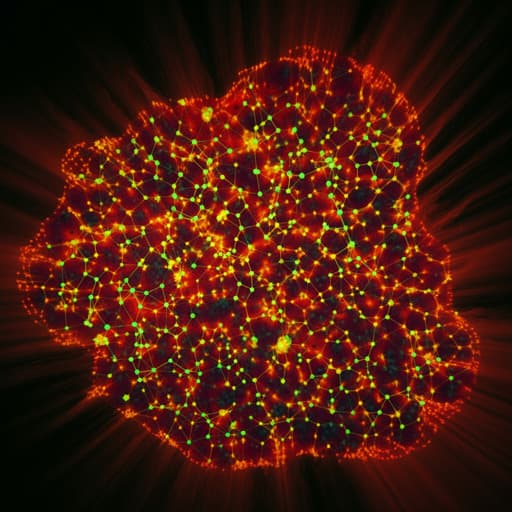
Medicine and Health
Prolonged response to first-generation tyrosine kinase inhibitor in a metastatic non-small cell lung cancer harbouring complex G719X and S768I mutations: A case report from Vietnam and literature review
K. H. Do, D. T. Le, et al.
Discover a remarkable case from Vietnam where a patient with metastatic non-small cell lung cancer experienced an unprecedented response of over 44 months to gefitinib treatment, despite harboring rare EGFR mutations. This study, authored by Kien Hung Do and colleagues, sheds light on the need for further research in targeting such mutations effectively.
Related Publications
Explore these studies to deepen your understanding of the subject.







